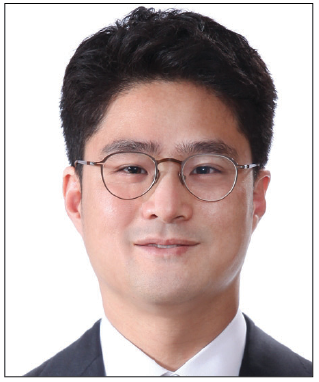 By Yang Weon Jae, Lee International
By Yang Weon Jae, Lee International
In its recent payment of a cash dividend to 2,018 members of its employee stock ownership association, an employee of Samsung Securities accidentally granted each of them 1,000 shares instead of W1,000 per each stock. Due to the error, 28.1 billion shares were granted instead of W28.1 billion, which was supposed to be paid to the members of the employee stock ownership association. The shares were worth a significant amount — W112 trillion. As a result, attention is being focused on so-called “fat finger” mistakes in the stock market, which refers to typos made in transactions.
There are two representative cases in Korea regarding such fat finger mistakes, which drew different decisions from the court.
First, in the so-called Mirae Asset case (Supreme Court decision 2013Da49794 rendered on November 27, 2014), Mirae Asset Securities was commissioned by its client to make a purchase order for a futures transaction at the price of W0.8, but the employees of the company mistakenly input the price as W80. As a result, Yuanta Securities Korea gained about W7.8 billion of profit by selling a 0.8 won futures at 100 times its market value of W80. Mirae Asset filed an application for the correction of an erroneous transaction to the Korea Exchange due to the mistake made by its employees. Hyundai Marine & Fire Insurance, Mirae Asset’s insurance provider, paid a claim of W5 billion as a result of the error. Mirae Asset cancelled the transaction and argued that Yuanta Securities Korea had been aware of the fact that the inflated value was input by mistake but still gained a profit by capitalising on the mistake.
On the above-stated matters, the Supreme Court has acknowledged the cancellation of the transaction in question by recognising the so-called “predatory order” with the following opinion: “When the very first execution of the transaction agreement was concluded at W80, Defendant (Yuanta Securities Korea) confirmed that the sell order was indeed at W80 and was sufficiently aware that such a high price was due to a mistake on the part of the person who submitted the order. But Defendant made a number of sell orders, taking advantage of the mistake, in such a short period of time in an attempt to pocket the difference between the order price and the market price by concluding sell/buy transactions before other sellers could. Therefore, even though it is true that Mirae Asset Securities was grossly negligent in placing the purchase order in the present case, such purchase order may be cancelled by reason of error (when the other party was aware of Mirae’s mistake).”
Second, in the so-called Hanmag Securities case, which was similar to the above-stated Mirae Asset case, the court determined in the first and second instances that “although the present scandal resulted from the submission of an erroneous bid by an employee who was in charge of trading, it was due to Hanmag’s gross negligence and thus, it cannot be cancelled” and held that “anyone who works in the business of financial investment should be equipped with a high level of professionalism and should bear responsibility to conduct a thorough review when placing an order, and the employee who was assigned to place the order in question belonged to a company which was not an investment dealer. In light of the above, it is clear that Hanmag has made a grave mistake” as the main ground for their decision. The above case is currently pending in the Supreme Court (case no.: 2017Da238486) and there is much attention towards the final decision to be rendered by the Supreme Court.
Therefore, the decision by the Supreme Court on the so-called Hanmag Securities case is expected to provide the first barometer to the stock market in Korea on the standards of legal determination regarding fat finger mistakes.

E: wjyang@leeinternational.com
T: 82 2 2262 6288
F: 82 2 2279 5020



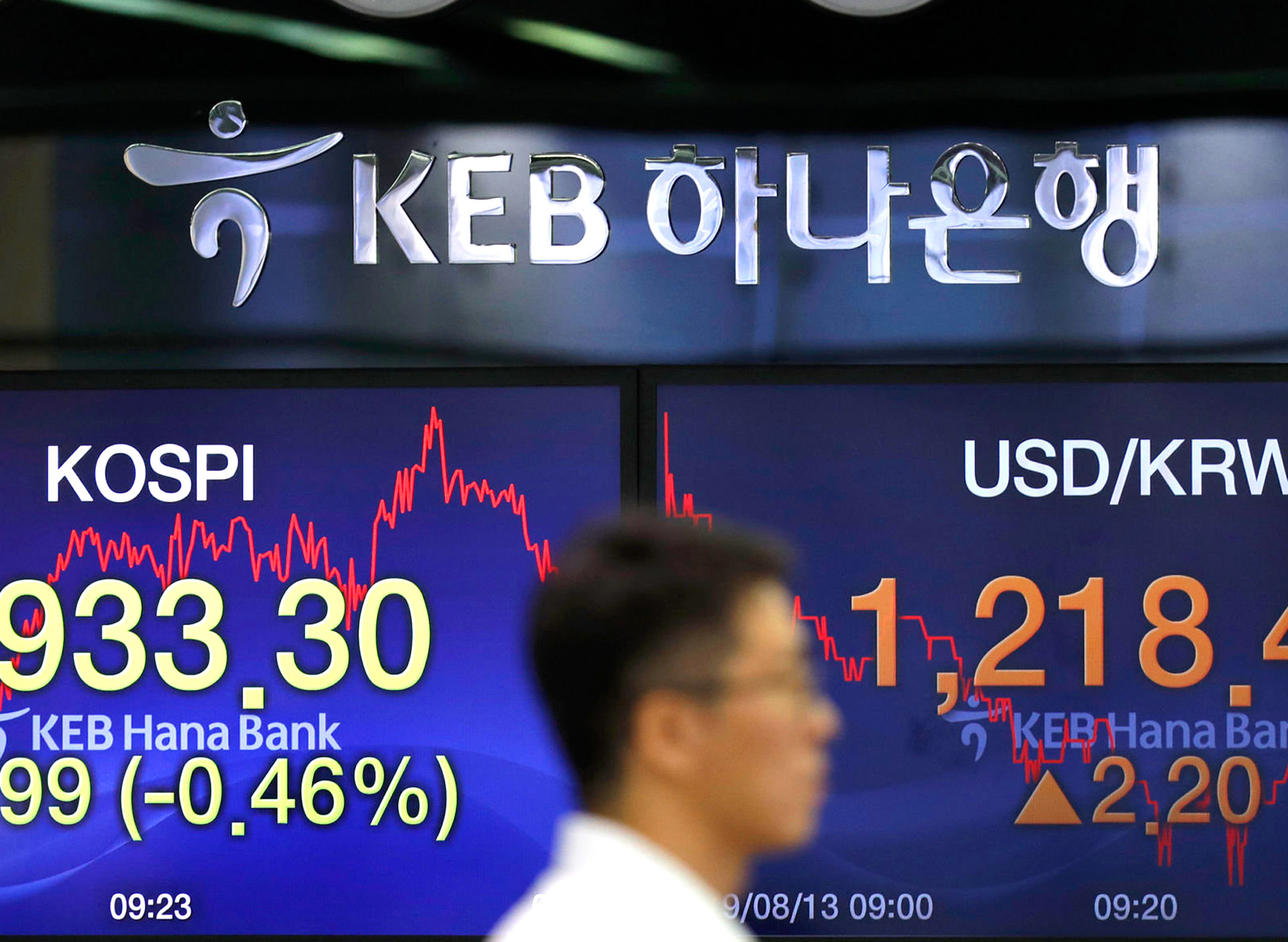



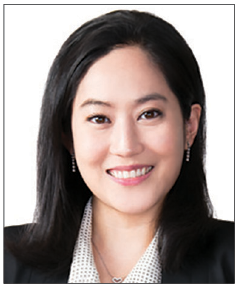



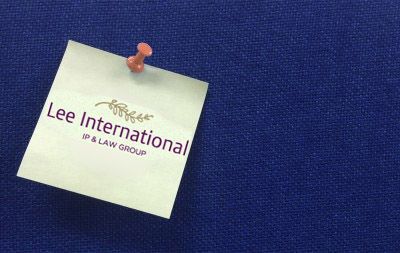













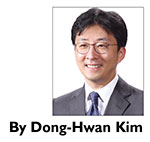

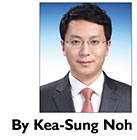




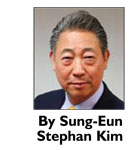
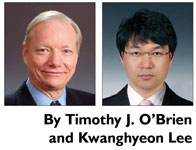










 Nicholas H. Park
Nicholas H. Park




